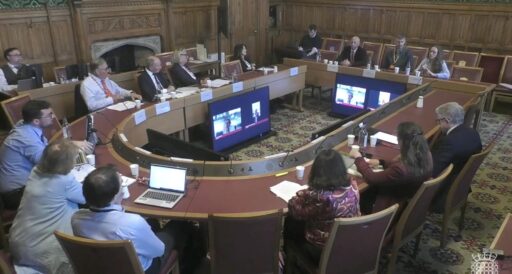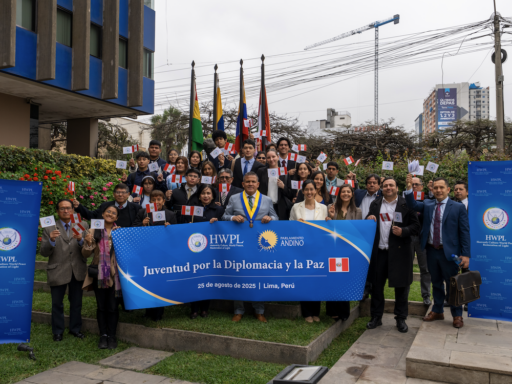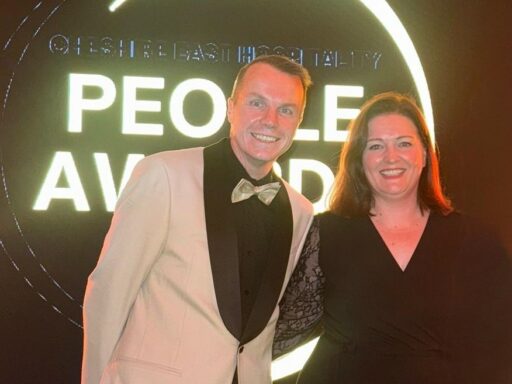Charlie Marchant, CEO of Exposure Ninja, was invited to speak at the House of Lords this week as part of a high-level inquiry into the future of remote and hybrid working across the UK. The invitation follows the digital marketing agency’s detailed submission to the Call for Evidence on the challenges and opportunities of flexible working models.
Exposure Ninja, a fully remote digital marketing agency since its inception in 2011, has long championed flexible work as a driver of inclusivity, productivity, and economic growth. In the submission, the agency shared what it learned from over a decade of successful remote operations, including award-winning policies on flexible working and company culture.
Drawing on over ten years of experience, the agency’s submission spotlighted policies that have delivered results—such as a notable 88% staff retention rate, improvements in workforce diversity, and positive impacts on staff wellbeing and business performance.
“I’m super excited about this given remote and flexible working is a topic we’re all so passionate about and have built a successful agency together as a fully remote team,” said Charlie Marchant. “The perspective we share will be used as part of recommendations made to the government on the future development of remote and hybrid working.”
The session, held on 28th April at the Palace of Westminster, tackled a broad set of topics including the scalability of remote models, the ability to close regional economic gaps, and strategies to better accommodate working parents and carers.
In her contribution, Marchant called for a more constructive view of flexible work practices:
“The government should encourage remote work where it works. There is a lot of implication that people may take advantage of remote systems. This idea doesn’t match our experience. Actually, the vast majority of people who work remotely want to do excellent work, be a part of the workforce, and contribute to the economy, and I think it’s important that they have the opportunity to do so.”
She also raised the importance of healthy work-life separation for remote teams:
“I would also encourage a Right To Disconnect policy, particularly for employers who work majority remote or hybrid. Having guidelines for employers around when the work day starts and ends will help avoid any digital seepage and protect employee productivity and wellbeing.”

The agency’s leadership in flexible working has been widely recognised, including at the 2024 Global Agency Awards, where it won both Best Flexible Working Policy and Best Culture Transformation Initiative.







